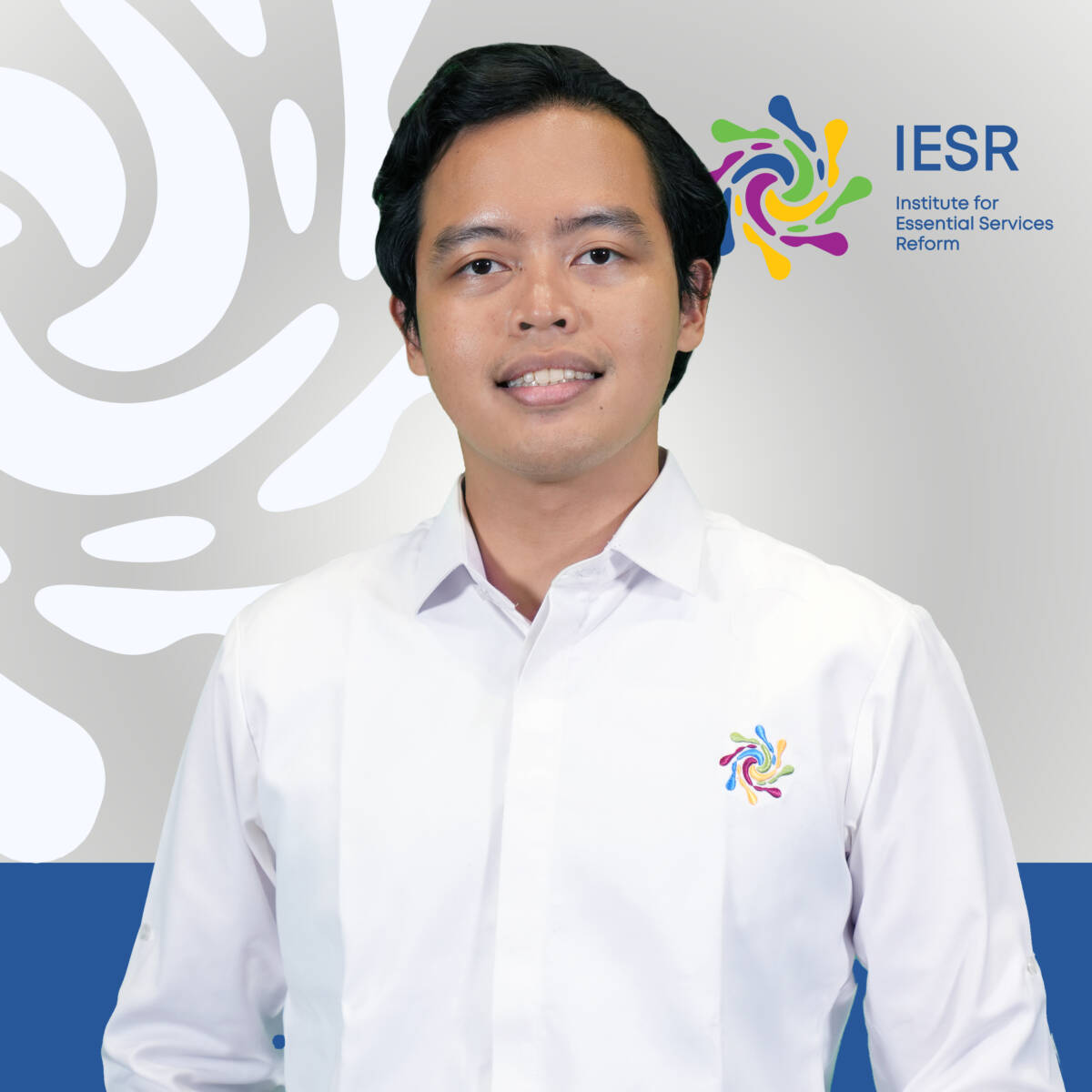Warih Aji Pamungkas
Head of Project Technology
Warih Aji Pamungkas (Aji) serves as Head of Project Technology for NTT Net-Zero Emission (NZE) Initiative. In this role, Aji is responsible for assisting the Green Energy Transition Indonesia (GETI) Program Manager in accelerating policy reforms to fast-track the energy transition and green hydrogen development. He possesses a keen interest in data-driven policy modeling and community-based renewable energy, utilizing these tools to craft strategic recommendations for a more sustainable national energy transformation.
Aji holds a Bachelor’s degree in Engineering Physics from Gadjah Mada University (UGM) and earned a Master’s in Engineering and Policy Analysis from Delft University of Technology (TU Delft), Netherlands, specializing in energy policy and markets at TU Munich, Germany. Prior to joining IESR, he built an international career as a Global Geothermal Alliance (GGA) officer at the International Renewable Energy Agency (IRENA) and worked on the ASEAN Plan of Action for Energy Cooperation (APAEC) at the ASEAN Centre for Energy (ACE). His research background at prestigious institutions such as InSGreeB UGM and the Urban Energy Institute at TU Delft strengthens his ability to bridge technical engineering with socio-political dimensions.
Beyond his professional life, Aji is deeply involved in the arts, specifically literature, theater, and photography. His career choice to bridge technology and social policy is influenced by his passion for science fiction literature, such as the works of Isaac Asimov and Michael Crichton, whom he believes accurately predicted the impact of technology on civilization. As a national-level poetry competition winner and an experienced theater actor and director, Aji believes that a humanistic and imaginative approach is essential for policymakers responsible for the public’s future welfare.

